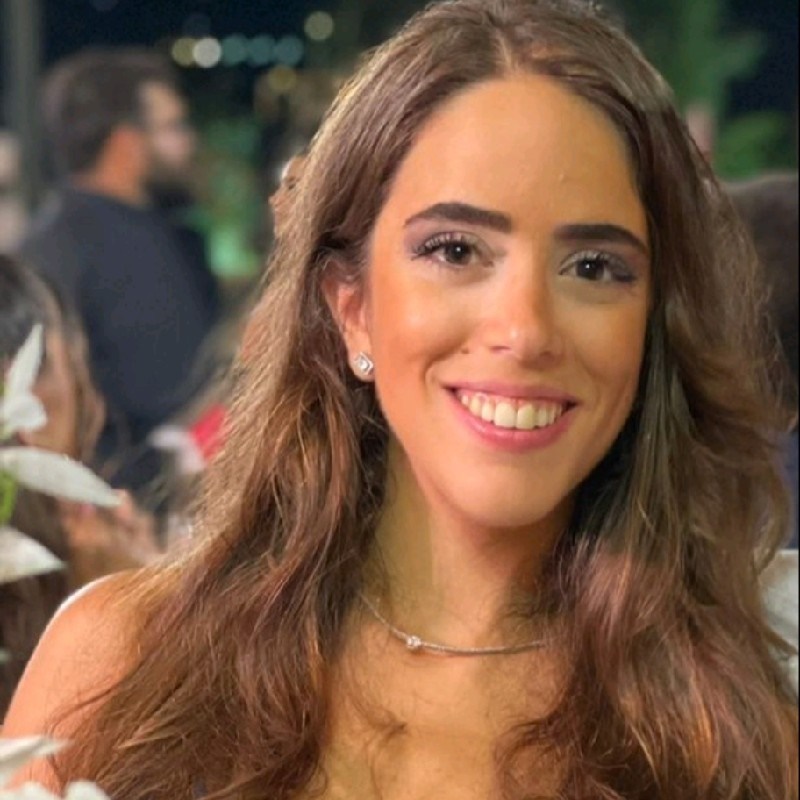Meet Our Wadsworth International Fellows: Cindy Mansour
I graduated from the University of Balamand (UOB) in 2016 in Lebanon with a Bachelor of Science degree in Medical Laboratory. I went on to pursue a Master’s degree in Forensic Medical Sciences in 2018 from Queen Mary University of London (QMUL). My coursework, professional experience and international training have all prepared me to pursue a doctoral degree in Forensic Anthropology at Spain’s top-ranked Universidad Complutense De Madrid (UCM).

My doctoral research is a cross sectional and retrospective study that has been shaped by 15 years of civil war in Lebanon (1975-1990). The war involved waves of massacres, forced displacement, and enforced disappearances. Today the whereabouts of those who went missing remain unknown. Despite clear confirmation of mass graves in Lebanon, officials did not exhume bodies. Forensic anthropology cases in Lebanon are further challenged by the absence of skeletal collections that can be used for research. Because techniques used to develop biological profiles of human remains such as sex, age, ancestry and trauma have not been developed for Lebanese populations, without them there is no precision or accuracy rate. For this reason, my research focuses on developing Lebanese standards for age estimation using 3D reconstruction of computed tomography (CT) data of the adult pelvis. With a grandfather that was disappeared in the war, my motivation for carrying out this work is deeply personal. My goal is to give back unidentified remains of the dead their names and help bereaved families close a painful chapter. This research is especially compelling because it will be the first pelvic aging study on CT scans performed in Lebanon. The outcome is sure to make a significant contribution not only to the anthropological community but also to the Lebanese public at large as a truth-seeking initiative that lays the groundwork for population-specific identification.
My current research examines the status of forensic anthropology and bioarcheology in publications in the Middle East and North Africa region. In the future, my research interests will revolve around examining the use of advanced imaging techniques in the recording of traumatic lesions in human remains, the use of radiocarbon dating in middle eastern populations, and last but not least, the preservation of mummified remains.
Upon completion of my PhD, I expect to return to my home country and work towards implementing my findings in cases of enforced disappearances and teaching courses in academia.